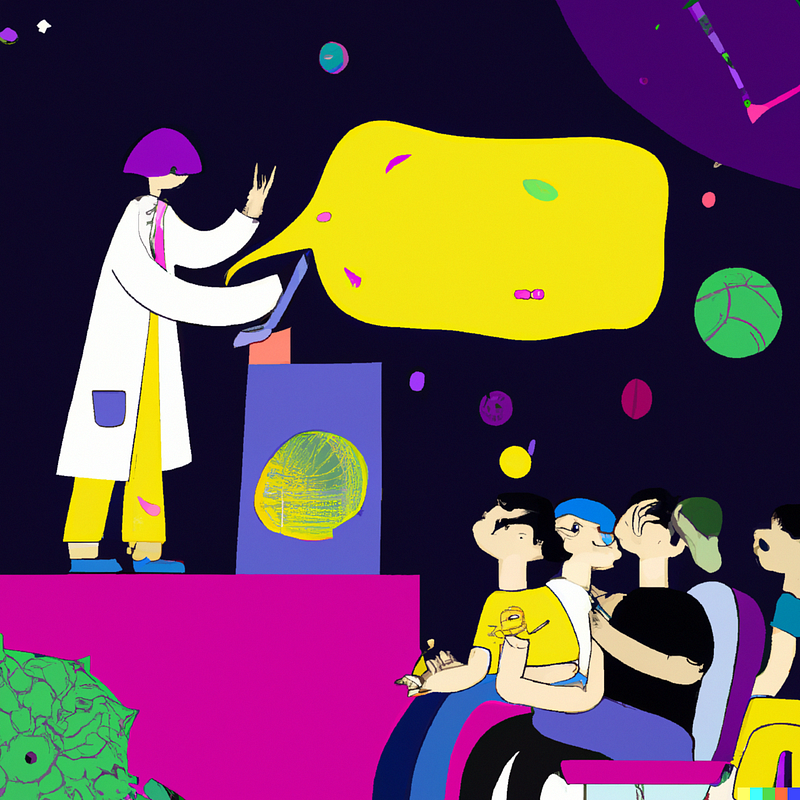Why Studios Should Make “Movies for Mingling”

This article is also available at https://medium.com/non-monetized-together/why-studios-should-make-movies-for-mingling-1b846f03a8cc
The filmgoing experience is all about identifying with, or at the very least, taking an interest in the characters and experiences being shown on the screen. Combine this with movies being a common dating spot and it seems like a natural next step to make movies designed to spark social interaction.
So I’m unsure why I’ve never heard of any movies made for the purpose of being played in the background while people socialize. What do you think? I don’t see what would be stopping these movies from being played in theatres. To enable viewers to talk, the employees can just turn the volume down, like they do for autism-friendly screenings. Plus, the film’s poster can emphasize that talking with other people is encouraged during the movie.
These movies can make it easier to keep a conversation with people. Have you ever met someone that you had trouble holding a natural conversation with, not because they didn’t want to talk to you, but just because they were an awkward match? These films can help you overcome these barriers. There would always be something happening on the screen to discuss. Maybe the movie can help you choose discussion topics you wouldn’t have otherwise thought of. Or perhaps some emotional scenes could help the viewers bond together emotionally.
“Movies for mingling” could be a great way to bring people back into the theatre. With the recent dominance of streaming, filmwatching has become more isolating and less communal. These mingling movies can create a social element that’s missing from streaming services. In a similar fashion, these movies can help theatres stay competitive if VR headsets ever take off.
These movies should be about something that has a following so that patrons can find people who have similar interests as them. This means no generic action movies, comedies, etc., unless they are trying to draw in a certain fanbase. The subject matter will draw in people that have things in common each other while drawing out creeps looking to take advantage of people.
These films would benefit from having a basic storyline that doesn’t demand constant attention from the audience. Comedies, action films, and documentaries would probably be the best genres for this format. Genres that rely on immersion, like horror and drama, should not be used.
If movie theatres developed their potential as a social environment, they could make a killing. They’re open all day and all night, every day, and play the same movie multiple times a day, so they’re much more convenient than other social locations. Most of them don’t serve alcohol or have dress codes either, which can allow them to attract an even wider audience looking to mingle.
So is this a good idea? Films have been around for a long time, and the fact that nobody has tried it out makes me things there’s a hole in this idea. I’d love to hear your thoughts, especially if you have industry experience. What’s preventing studios and theatres from profiting off the basic human drive of socialization?
#Movies #MovieTheater #MovieTheatre #Entertainment #FilmIndustry


 Image from DALL-E 2
Image from DALL-E 2